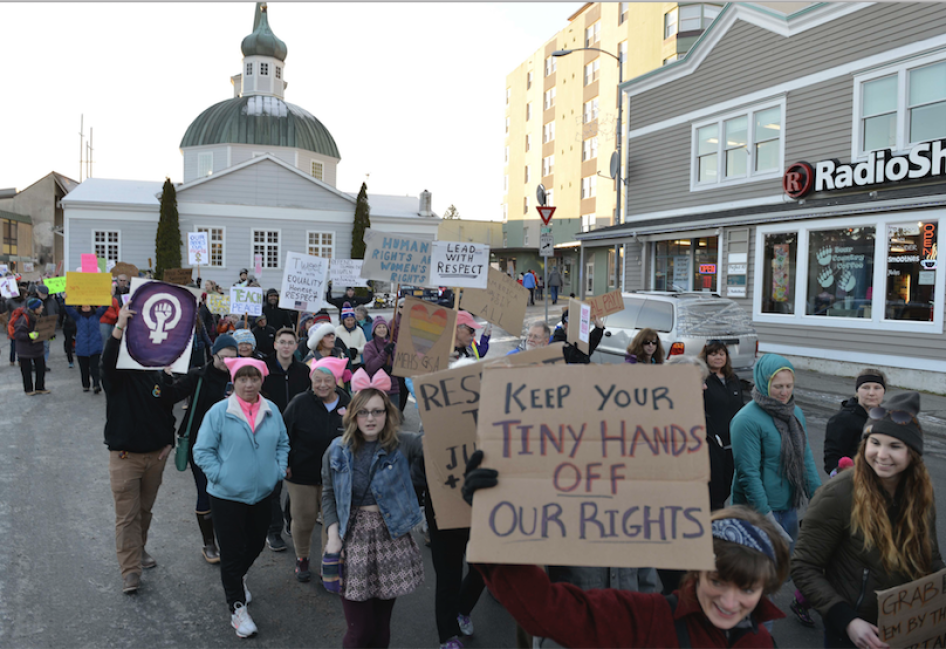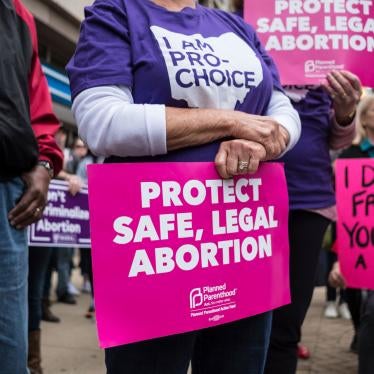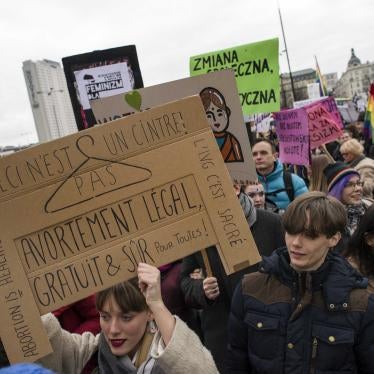Imagine taking a snowmobile, two flights, and a bus to get to one of four clinics offering abortion in your state – the distance equivalent of traveling from New York City to Chicago. For the one-third of Alaska’s women and girls living in the rural reaches of the state, this isn’t a thought experiment – it’s an everyday reality.
Last week, things got worse. Under the guise of fighting Covid-19, Alaska Governor Michael Dunleavy declared surgical abortions “non-urgent,” ordering them postponed unless the pregnancy endangered the woman’s “life or physical health.” Dunleavy’s order accidentally acknowledged how urgent abortion is by linking to American College of Surgeons guidance, which says delaying abortion could cause “significant harm.”
The governor said the ban would continue through June 15.
The restrictions disproportionately harm Alaskans already facing systemic barriers to health care – rural, indigenous, young, and poor people. Surgical abortions, which require a single appointment, are performed in Alaska at rates above the US average. The alternative, medical abortions, or taking pills to end a pregnancy, currently require a follow-up appointment up to a week later, a major financial and logistical burden for many Alaskans.
Restrictions on leaving some Alaskan communities during the pandemic compound the barriers.
Too often people needing abortion care in Alaska are survivors of sexual violence. Rape occurs in the state at 2.5 times – and child sexual assault at 6 times – the national average.
The crackdown on abortion in Alaska is not new. Anti-choice legislators have restricted abortions to state-approved facilities and prohibited nurse practitioners, physician assistants, and midwives from providing abortions. These restrictions drove nine clinic closures since 1992. In 2019, Dunleavy blocked $334,700 in funds to the judiciary – the exact amount the state spent funding abortions in 2018 – in retaliation for a court ruling protecting Medicaid-funded abortions.
Across the United States, nine other states are using Covid-19 to further anti-choice agendas, and lawmakers in four others are also considering them.
Abortions are essential care, and governments can protect abortion care while fighting Covid-19. Telemedicine services and helping patients end pregnancies by self-administering pills at home can make abortion care more accessible, even in remote areas, while protecting health workers from potential exposure to the new coronavirus.
Instead of using the pandemic as an excuse to roll back rights, policymakers in Alaska and elsewhere should protect everyone’s health now and into the future.










